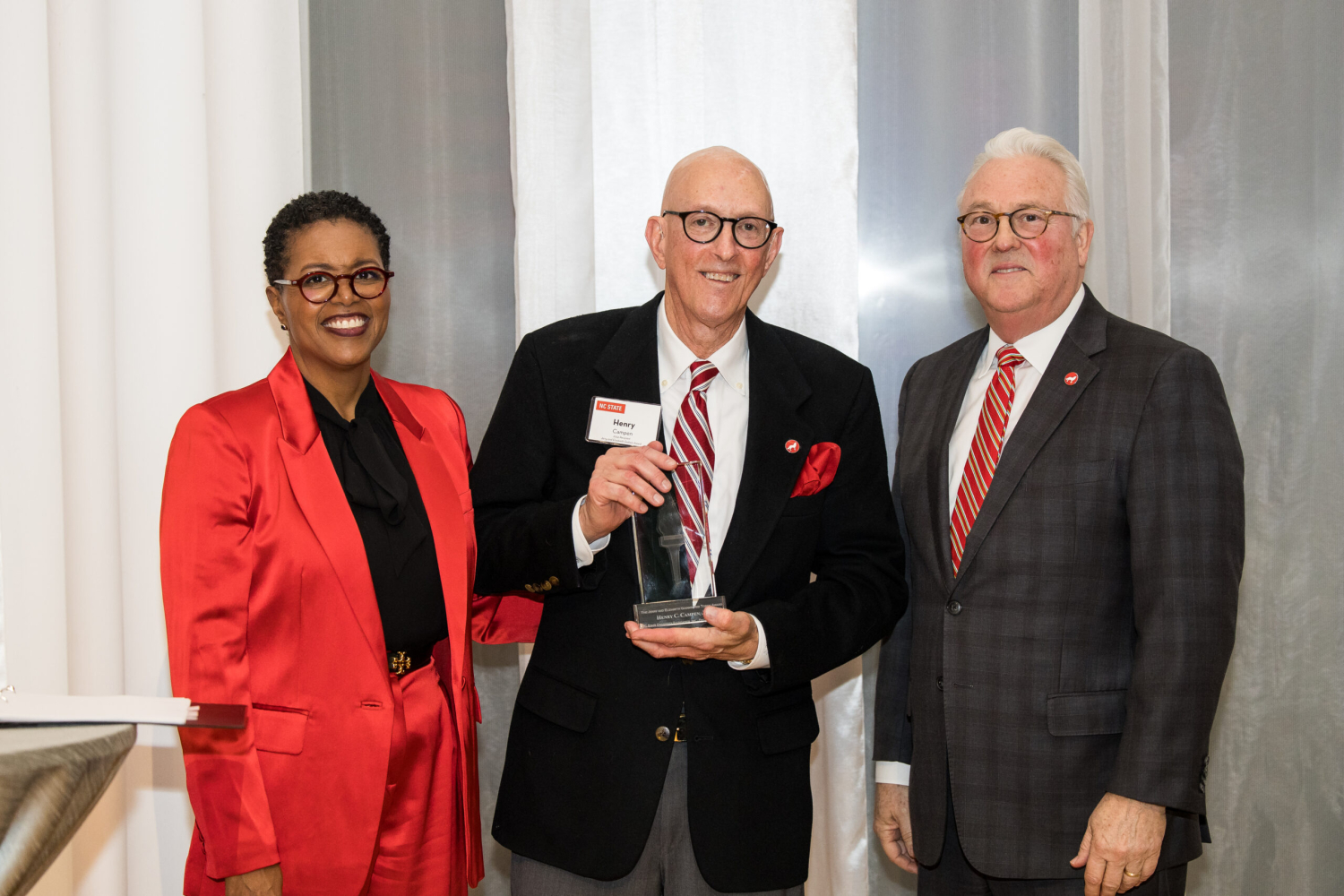Beasley among Participants in Webinar Regarding COSO’s Fraudulent Financial Reporting Study
These are among points discussed in a May 26, 2010, Webinar focusing on the results of a recently completed study of nearly 350 U.S. public companies investigated by the Securities and Exchange Committee (SEC).
The study – Fraudulent Financial Reporting: 1998-2007 – was sponsored by the Committee of Sponsoring Organizations of the Treadway Commission (COSO) and made publicly available on the COSO website on May 20, 2010. It updates a previous COSO study issued in 1999, Fraudulent Financial Reporting: 1987-1997.
Presenters of the Webinar are Dr. Mark Beasley, professor of accounting and director of the Enterprise Risk Management Initiative at the North Carolina State University College of Management; Dr. Dana Hermanson, professor of accounting at Kennesaw State University, and David Landsittel, COSO chair. Beasley and Hermanson are two of the co-authors of the study.
The live Webinar was held on Wednesday, May 26, 2010, 2:00 p.m. to 4:00 p.m. Eastern time. Registration and cost information is available in the events listing section of the AICPA website.
“A key point of interest for me in this study’s findings is the size of the instances of fraud that have been investigated in the past decade,” Beasley said. The median fraud was $12.1 million, with more than 30 of the fraud cases involved in misstatements or misappropriations of $500 million or more.
Another key finding is the immediate negative impact on the stock value of the company facing allegations, he said.
“Initial news in the press of an alleged fraud resulted in an average 16.7 percent abnormal drop in the company’s stock prices in the two days surrounding the announcement,” Beasley said. Also, companies engaged in fraud often experienced bankruptcy, delisting from a stock exchange or asset sale at higher rates than those experienced by no-fraud companies.
Recent corporate governance regulatory efforts appear to have reduced variation in observable board-related governance characteristics, as the study did not find meaningful differences between fraud and no-fraud companies in terms of commonly observed board of director and audit committee characteristics, such as size, meeting frequency, composition, and experience, he said.
However, the study found that in nine out of ten cases, the SEC named the chief executive officer or chief financial officer for alleged involvement in the fraudulent financial reporting.
“These are the people who prepare the information for the board meetings,” Beasley said. “Now, it appears that there is a need to understand more about the process that a board uses,” he said. “For example, are board members reading materials critically in advance of meetings and do they understand the intent of their role and the need for board skepticism and oversight?”
The full text of the report is available online at the COSO website . In addition to Beasley and Hermanson, the following are co-authors of the study: Dr. Joseph V. Carcello, University of Tennessee and Dr. Terry L. Neal, University of Tennessee.
About COSO
Originally formed in 1985, COSO is a voluntary private sector organization dedicated to improving organizational performance and governance through effective internal control, enterprise risk management and fraud deterrence. COSO is jointly sponsored by the American Accounting Association, the American Institute of Certified Public Accountants, Financial Executives International, the Institute of Management Accountants, and The Institute of Internal Auditors.
About the Enterprise Risk Management (ERM) Initiative in the NC State College of Management
The ERM Initiative was established in the NC State College of Management in 2003 by Dr. Mark Beasley, Deloitte Professor of Enterprise Risk Management, to meet a growing need for new tools, methods and strategies that can help businesses manage risk more effectively across the enterprise and to remain competitive. ERM and its associated faculty in the College of Management present professional education on topics related to board leadership, expectations and oversight, aligning strategy and risk, and ERM fundamentals. The ERM website is a repository of news and information on the topic.


